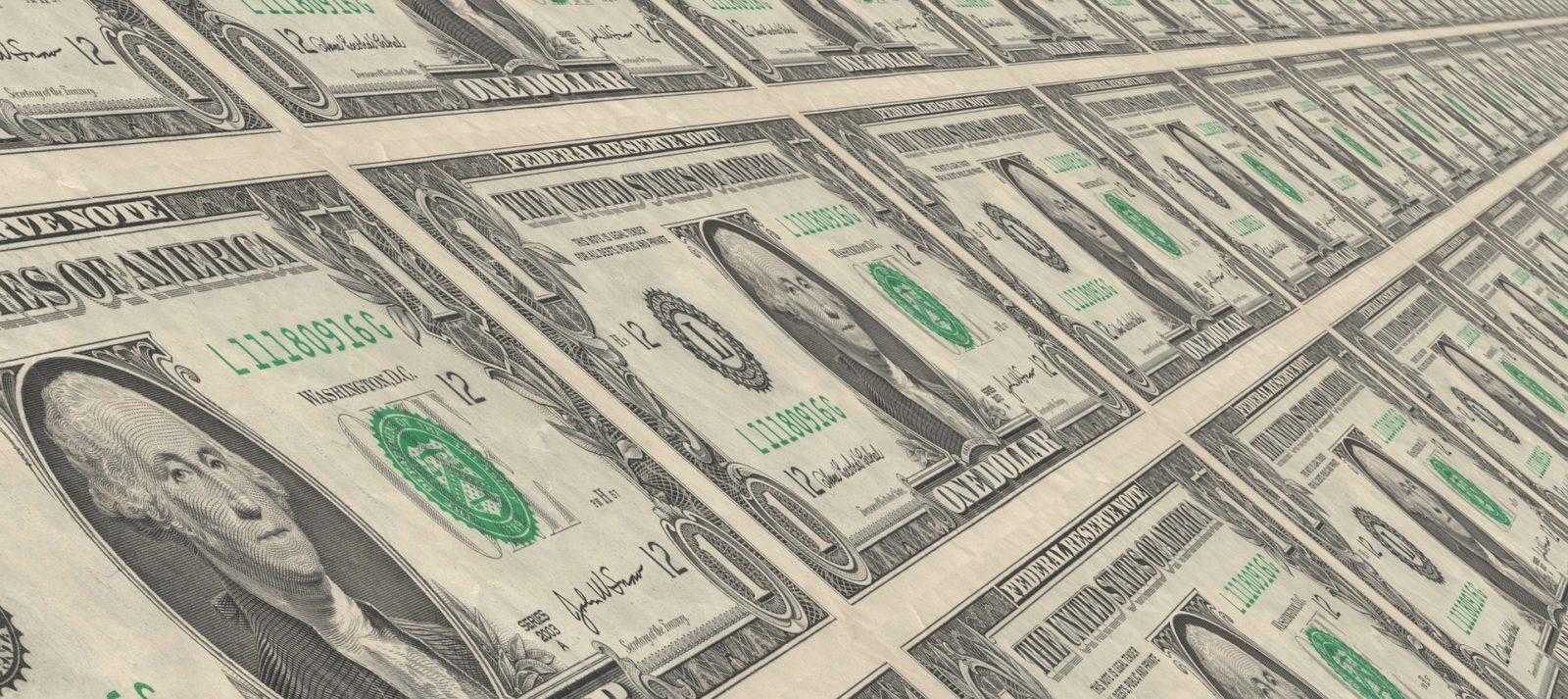In his speech on Thursday, Powell stated that the Fed will give priority to employment over inflation, weakening the US Dollar currency rate.

In the UK, coronavirus infections are on the rise. It is causing much concern, especially as schools are opening for the academic year.
Covid-19 cases have been on the increase in the Eurozone, which may stifle the EUR currency.
Strong Pound Pushes GBP to US Dollar Currency Rate Higher
The GBP/USD exchange rate closed at 1.3349 on Friday, 28 August. It is currently at the year’s high levels. After touching low levels of 1.1409 in March 2020, the GBP/USD fx rate has seen a steady increase. It now remains to be seen if the Sterling against the dollar FX rate can move past its psychological resistance at 1.3500.
The British Pound is the fourth most popular currency traded in the world.
GBP/EUR Exchange Rate Gains For the Fourth Day
The Pound to Euro (GBP/EUR) exchange rate is in an uptrend. It closed at 1.1211 on Friday 28. With a weaker euro, the British Pound has gained for the fourth straight day. If the Pound to Euro currency pair sees a further upside, it may move up to levels of 1.1275. On the downside, the GBP/EUR exchange rate may move lower to 1.0980, if the bears take charge. However, there is much optimism in the forex market.
After a bank holiday on Monday, Britain will look forward to starting a new month, September, on Tuesday.
US Dollar Index Slumps with Interest Rates Remaining Low
Fed Chairman Jerome Powell failed to inspire the forex market on Friday. Policy update has been disappointing in the US. The Fed is expected to adopt a loose monetary policy of lower interest rates. With the Fed willing to bring in liquidity into the market, the US Dollar is pulled lower to reach Aug 15th lows at 92.30 levels.
The US Dollar Index took a sharp downturn after Powell’s speech at the Jackson Hole Symposium. The USD closed at 92.3 on Friday 28 Aug. The US Dollar fx rate tried to push past resistance at 93.0 early this week but started to move down again.
The US economic reports show that personal consumption expenditure has risen 0.3% in July. Core inflation has gone up by 0.3%. Consumer spending has increased by 1.9%. The final consumer sentiment has increased to 74.1 in August from 72.8, according to the survey. Recent economic data in the US have been good.
All steps will be taken to support the economy, and the Fed will not increase interest rates in the foreseeable future, he says.
The EURO Outperforms Against the Greenback
The EUR/USD exchange rate closed at 1.1903 on Friday 28. The Euro to US Dollar Exchange Rate has climbed up past the psychological level of 1.19. On Friday, the Euro to USD foreign exchange rate showed a smart recovery to close slightly above the resistance at 1.19. The euro has outperformed the greenback.
The French GDP remains unchanged at 13.8% quarter on quarter.
EUR/GBP May Rise with Probability of a No-Deal
The EUR/GBP has been sliding throughout the week ended 28 Aug. The euro may improve, as the odds of a no-deal have shifted from 35% to 40%.
The Swiss GDP data has dropped 8.2% on a quarter-on-quarter basis. With the Euro economy hit by the COVID-19 pandemic, exports and imports have gone down.
Government spending has dropped to 0.2%, while earlier it was 0.8%. Private consumption shrank 8.6%, while previously it was -4.7%.
EUR/JPY President Abe Decides to Resign
Japan’s President Abe announced his decision to resign, bringing uncertainty into the market. It will bring in more volatility into the currency, expect analysts.
Japan, the thirst largest economy took a knock, as the Prime Minister steps down due to health concerns. An economic program called Abenomics, a mixture of monetary stimulus and structural reforms, was brought by PM Shinzo Abe. The Nikkei 225 Index ended down by 1.4% after the announcement. The domestic turmoil immediately pushed the Japanese Yen. The USD/JPY foreign exchange rate soared -1.12%. The US Dollar Index dropped to ¥105.41 for the week ended 28th August.
Japanese industrial activity has increased by 6.1% in June 2020, month-on-month. After four months of contraction, the economy is showing signs of growth through industrial activities have gone down by 10.5% in June, yearly.
In Canada, the GDP month on month has improved from 4.5% in June to 6.5% in July.
Gold has moved upwards after the Fed took a policy shift on Thursday. Top political events like the upcoming elections and the resignation of Prime Minister Shinzo Abe of Japan is keeping gold in its position of “safe haven” followed by silver.
With the weakening US Dollar currency rate, demand for the gold metal is on the increase.
Bullish Crypto Market
The COVID pandemic has disrupted the financial sector of many countries. However, digital assets are considered more reliable. In March, the Bitcoin slipped to $3,800. But with Institutional demand for the cryptocurrency, Bitcoin has surged higher, faster than other investments.